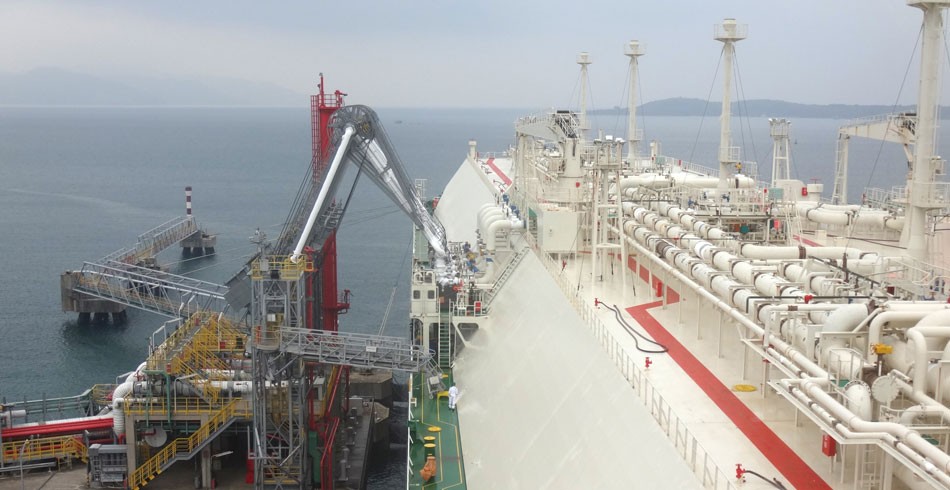Liquefied natural gas (LNG) project development company EPIK has announced that it has executed an agreement with Australian construction company Watpac for the exclusive provision of design, engineering and construction services for the onshore infrastructure components of EPIK’s Newcastle LNG FSRU import terminal at the of Port of Newcastle, Australia.
An undisclosed target EPC price has been included in the agreement with mechanisms to ensure project competitiveness. Further, it was announced that Newcastle GasDock Company, a wholly-owned subsidiary of EPIK, has been established in Australia to carry out the project.
Watpac will be supported by Mott MacDonald, an international marine and engineering infrastructure consultant with significant experience in the design and engineering of multiple FSRU projects around the world.
Related article: New development for Newcastle LNG project
EPIK’s founder and managing director Jee Yoon said, “this is a significant step forward for the Newcastle LNG project. Partnering with Watpac and Mott MacDonald for the exclusive provision of design, engineering and EPC services for Newcastle LNG enables EPIK to secure uncompromising engineering expertise at a competitive price point, facilitating and preserving our aggressive project development schedule.”
Watpac, a wholly-owned subsidiary of BESIX, has operations across the country, successfully delivering challenging construction and marine and civil projects. In September 2018, BESIX completed the design and construction of the Bahrain LNG import terminal located offshore Muharraq Island, which is anticipated to commence commercial operations in May of this year.
EPIK expects to place an order for the FSRU new-build with a shipyard subject to Newcastle Gasdock Company receiving all regulatory approvals for the project, which the company currently estimates to receive by early 2020.
Related article: South Korean EPIK signs LNG deal with Port of Newcastle







